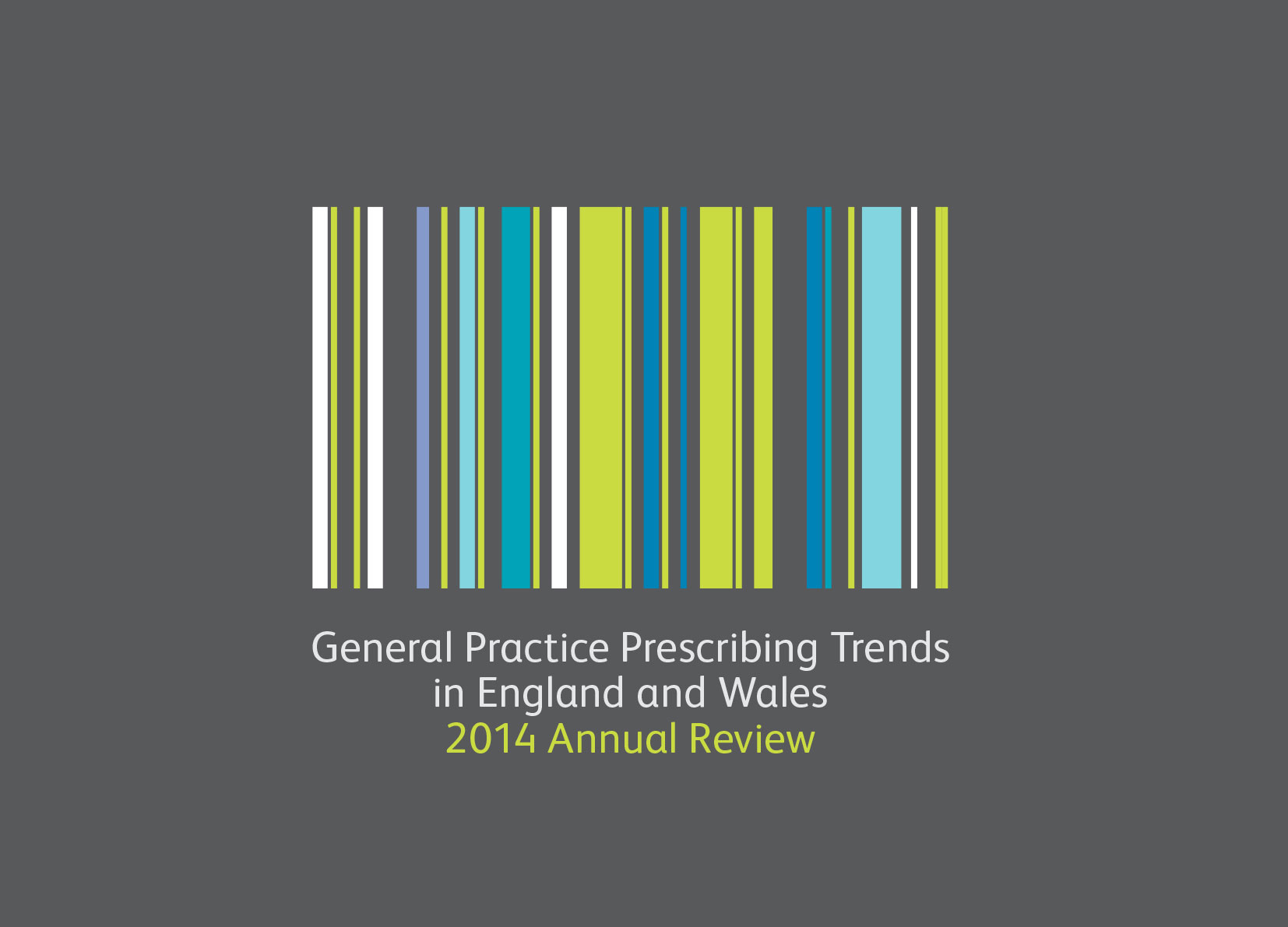Research: Most prescribed products in 2014 revealed
Media and marketing services company Cogora has analysed 2014 general practice prescriptions from England and Wales to identify the year's biggest movers and shakers, and set out its findings in a new report. General Practice Prescribing Trends in England & Wales, 2014 Annual Review.

Key overall findings in the report include:
- The total cost associated with prescriptions issued by general practices in England and Wales rose from £8.91 billion in 2013 to £9.16 billion in 2014. This increase (2.9%) far exceeded the 2014 inflation (0.5%) indicating a real increase in cost to the NHS
- There were large regional variations in the cost of prescription per registered patient. The highest cost per registered patient in 2014 was observed in Wales (£183.24 per registered patient) while the lowest cost per registered patient was observed in London (£111.19 per registered patient)
- In terms of drug categories, the highest total cost associated with general practice prescriptions was for diabetes drugs, respiratory corticosteroids, analgesics, antiepileptics and oral nutrition products, in descending order. Together, these five drug categories accounted for just over one third of the total NIC associated with all English and Welsh general practice prescriptions in 2014
- The branded pharmaceuticals with the highest total cost associated their prescriptions in 2014 were Seretide, Symbicort and NovoRapid, in descending order. Conversely, the greatest number of prescriptions was issued for Ventolin, Adcal D3 and Clenil Modulite
Therapy area specific findings in the report include:
- The cost for diabetes prescriptions issued in English and Welsh general practices increased by 7% between 2013 and 2014, with the total spend in 2014 being £902 million
- The cost of corticosteroid prescriptions issued in English and Welsh general practices was over £754 million in 2014. Comments from a therapy area expert suggest the increased prescribing may, in part, be due to over-prescribing of inhaled corticosteroids rather than an increased clinical need
- Between 2013 and 2014, there was an increase in the number of prescriptions issued for opioid analgesics. This increase was much higher for strong opioids (+10%), which are associated with increased risk of addiction, than for weak opioid (+2%) analgesics.
- In line with official prescribing guidelines, the data showed lower levels of generic prescribing for certain types of antiepileptics (51% generic prescribing) than when analysing data from all therapy areas together (82%). However, medical charities are advocating higher branded prescribing due to concerns relating to clinical equivalence of some branded and generic products
- There was a 12% increase in the cost of prescriptions issued for oral nutrition products such as nutritional supplements and paediatric milk formulae between 2013 and 2014
For more information please contact:
Ellen Murphy
Head of Insight
Cogora
T: 44 (0) 20 7214 0576
[email protected]
About Cogora
Cogora is an integrated media and marketing services company that sits at the heart of a community of 220, 000 highly-engaged healthcare professionals.
For over 25 years we have produced inspirational and incisive content via a range of brands and channels. These in turn provide the data and insight that gives us a deep understanding of what our audiences want.
We combine these resources to create innovative, flexible solutions for clients looking to access and influence Commissioners, Primary and Community Care Nurses, GPs, Practice Managers, Hospital Pharmacists and Hospital Managers across the UK and Western Europe.